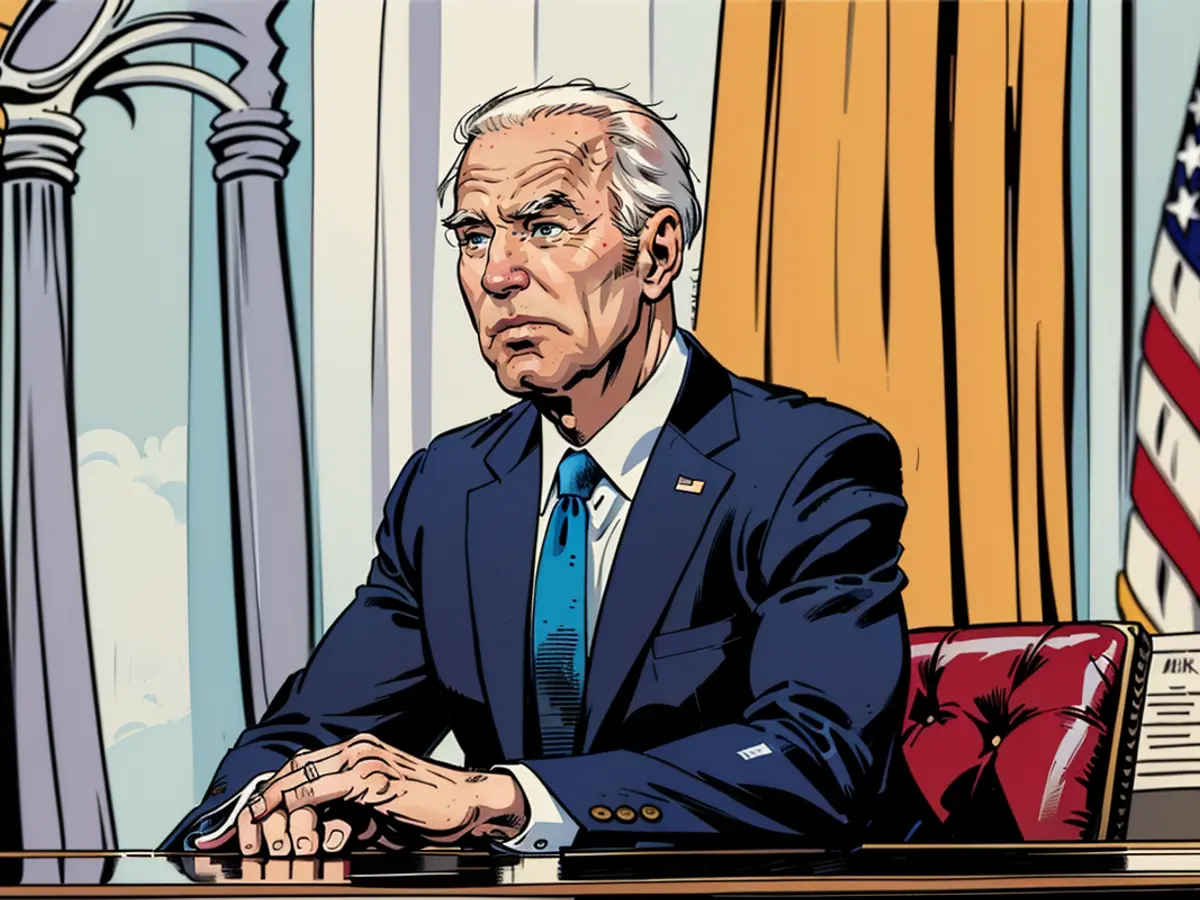- The proposed limit on Ukraine assistance is encountering fierce opposition, both externally and internally.
The alliance's stance on additional financing for Ukraine assistance is also drawing flak from within its own circles. Michael Roth, chairman of the Bundestag's foreign affairs committee and a member of the Social Democratic Party, voiced his concerns in newspapers published by the Funke media group, stating, "Should no new military aid funding be planned for Ukraine in future budgets, it sends a lethal message from the federal government."
However, it's uncertain if this will actually transpire.
Context
Christian Lindner, Finance Minister (FDP), penned a letter to Boris Pistorius, Defense Minister (SPD), and Annalena Baerbock, Foreign Minister (Greens), stating that "new measures" could only be considered if budget allocations are secured for this year and subsequent years. He also emphasized the importance of sticking to limits.
The letter was obtained by the German Press Agency and the "Frankfurter Allgemeine Sonntagszeitung." In a statement issued on Saturday, the finance ministry affirmed their openness to discussions, but no concrete needs have been reported yet. The federal government, in principle, anticipates offering robust support to Ukraine in the future, leveraging interest from frozen Russian state assets.
Germany's Contribution to Ukraine
In 2023, Germany is estimated to provide around 7.5 billion euros for military aid to Ukraine, with 4 billion euros earmarked for 2025. The current budget plan does not include any additional funds, as reported by the AFP news agency. The issue is that, according to media reports, the majority of the funds have already been allocated.
The federal government seeks to provide aid beyond the allocated sums through a new international fund with a 50 billion euro volume. However, this fund will not be sourced from the federal budget, but rather from interest generated from frozen Russian assets. This strategy, recently agreed upon by the G7 group of states, is aimed at supporting Ukraine more robustly in the future.
Roth's Criticism
Michael Roth, an advocate for robust military aid to Ukraine, which is currently conducting a surprise offensive in Russian border regions, criticized, "Instead of offering robust support, Germany seems to be in discussions about future financing for military aid, giving the impression of a covert withdrawal from responsibilities." He further added, "We cannot make our security hinge on budget constraints. 50 billion dollars from the G7 fund, sourced from Russian assets, are far from adequate."
Union's Questions
Thorsten Frei, the parliamentary manager of the Union in the Bundestag, raised questions about the strategy of relying on these funds. "It's uncertain when, how much, and even if these funds will be available. Germany's strategy seems to be another chapter in the 'Deceive, Cheat, Trick' story," Frei told Funke newspapers.
Roderich Kiesewetter, an expert on foreign and defense policy for the CDU, argued that Ukraine would effectively be abandoned if interest payments were required to be made anyway. He accused Chancellor Olaf Scholz of prioritizing the September elections in eastern Germany, where Ukraine aid is often met with resistance, "That's not how a leading nation of Europe behaves."
Christoph Ploß, a CDU expert on European policy, argued that it was also about defending Western values. "If the federal government now acts hesitantly and opportunistically, not only we, but also our children and grandchildren will bear the price," he told the Spiegel.
The European Union, as a collective entity, may share concerns similar to those expressed by Michael Roth, given their shared commitment to supporting Ukraine.
If Germany's proposed strategy of reliance on funds from frozen Russian assets fails to materialize, it could potentially raise questions within the European Union about Germany's commitment to Ukraine's aid.







